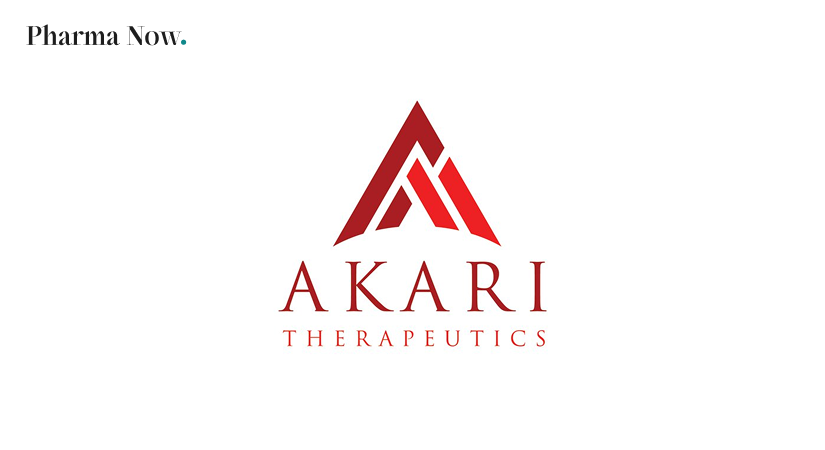Akari Therapeutics Expands Intellectual Property With Two Patent Filings For Immuno-Oncology Mode Of Action In ADC Platform Featuring PH1 Payload
Akari Therapeutics files two new U.S. patents to expand protection for its PH1 payload and next-gen immuno-oncology ADC therapies.
Breaking News
Oct 10, 2025
Simantini Singh Deo

Akari Therapeutics, Plc, an oncology biotechnology company focused on developing innovative antibody-drug conjugates (ADCs) for cancer treatment, has announced the filing of two new provisional patent applications with the United States Patent and Trademark Office (USPTO). These filings strengthen the company’s growing intellectual property portfolio around its proprietary PH1 payload and its potential to advance next-generation immuno-oncology therapies.
The first provisional patent application includes claims that protect Akari’s novel immuno-oncology payload, PH1 — a new Thailanstatin analog — and its unique spliceosome modulatory mechanism of action. This mechanism is designed to stimulate the body’s immune system, enhancing its ability to fight cancer. The second patent application covers the combination of PH1-based ADCs with other immuno-oncology drugs that counteract checkpoint inhibition and have shown synergistic effects with immune checkpoint inhibitors (ICIs) in preclinical studies. Together, these filings support Akari’s goal of expanding the therapeutic potential of its PH1 platform.
These latest submissions follow Akari’s provisional patent filing in late September, which focused on using the company’s ADC platform to target cancer by modulating alternative splicing drivers in tumor cells. This continued progress reflects Akari’s commitment to building a robust patent estate around its PH1 payload technology.
Commenting on the announcement, Abizer Gaslightwala, President and Chief Executive Officer of Akari Therapeutics, said, “The filing of these two patent applications advances our mission to develop a new class of immuno-oncology ADC therapies and build on the significant progress achieved by checkpoint inhibitors. The data supporting our applications highlight the potential of PH1 to serve as a first-in-class immune-oncology ADC payload. These results also reinforce our growing expertise in spliceosome modulation as a novel cancer treatment strategy. We believe PH1 has the potential to unlock new pathways for improved clinical outcomes and long-lasting remissions for cancer patients.”
He further added, “We are excited to present our findings on Akari’s spliceosome modulating payload PH1 during an oral presentation at the upcoming Society for Immunotherapy of Cancer (SITC) Congress on November 9. These provisional patent applications are designed to safeguard our scientific disclosures at the conference and expand the scope of our intellectual property. This is an important step toward long-term value creation for Akari and our future partners in the ADC field.”
Akari’s latest patent filings include preclinical data highlighting the immuno-oncology potential of its proprietary ADCs both as standalone treatments and in combination with checkpoint inhibitors. The findings demonstrate a synergistic enhancement of anti-cancer activity when used together, exceeding the effects observed with either therapy alone.
While checkpoint inhibitors have achieved notable success across several cancer types, only 20–30% of patients currently benefit from these treatments. Akari’s research aims to address this limitation by introducing a new ADC approach that combines spliceosome modulation with immune checkpoint inhibition, potentially broadening the patient response rate and improving outcomes.
The company continues to expand its ADC pipeline, which currently includes AKTX-101 — a Trop2-targeting ADC with the PH1 payload — and future programs such as AKTX-102, which targets an undisclosed cancer marker. Through these initiatives, Akari remains focused on advancing transformative ADC-based therapies designed to deliver lasting benefits to cancer patients worldwide.
